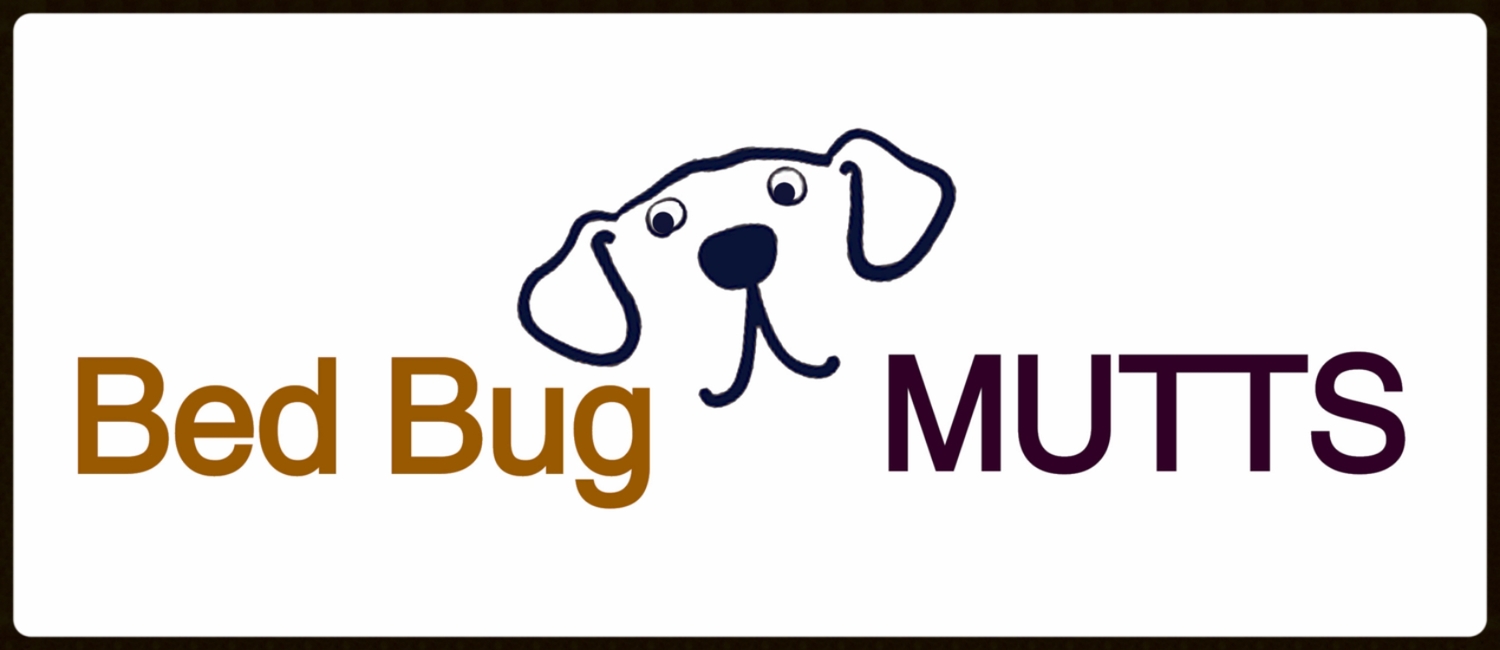Penn State and North Carolina State universities have refined an application of Beauveria bassiana, a fungal biopesticide called Aprehend, in an effort to control bed bugs. Their initial study has found it effective even against bed bugs that have shown a resistance to traditional pesticides.
Their patent-pending compound was applied to a quilt material to which the test bed bugs were exposed for an hour. The idea is the bugs then carry the fungal spores back to their harbourage thereby exposing the remaining bugs in the harbourage. A 100% mortality was achieved to the bugs exposed directly and 95 pcercent mortality was achieved within the week for the bugs that had remained in the habourage.
A bed bug that has sucumbed to Beauveria bassiana. Photo courtesy Penn State
It is important to keep in mind the 100% mortality was not achieved in the harbourage, however the product is still in development. Like all new bed bug tools, the test that counts is real life, in a number of diffeent surroundings, and not in the lab. The test of time will be the ultimate challenge, however first the product must make it past development into production. Before those stages, the researches will test different exposure times, sites with established harbourages and then field studies.
Keep an eye out for the product launch by ConidioTec, the firm established by Nina Jenkins, senior research associate in entomology, College of Agricultural Sciences, Penn State.
The remaining researchers on the team are: Giovani Bellicanta, postdoctoral scholar Entomology, Penn State; Alexis Barbarin and Coby Schal, Department of Entomology and Plant Pathology and W.M. Keck Center for Behavioral Biology, North Carolina State University; and Jason Osborne, Department of Statistics, North Carolina State University.




